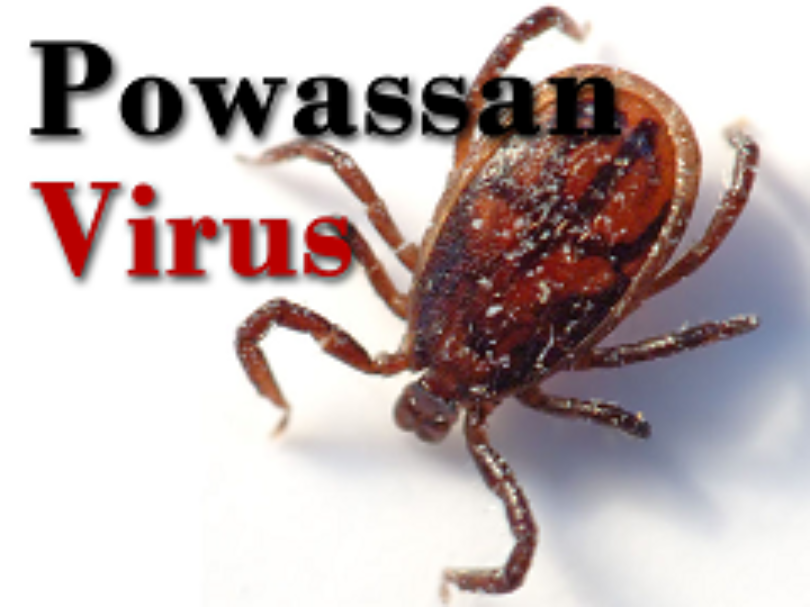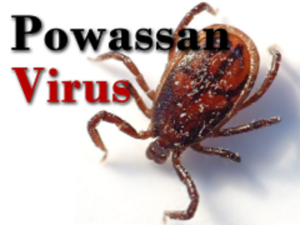Case of Powassan Virus in Dutchess
Tick bite prevention strategies help reduce risk of tick-borne diseases
The Dutchess County Department of Behavioral & Community Health (DBCH) reminds everyone of the continued importance of tick bite prevention as primary protection from tick-borne disease. This reminder comes as the Department confirms a case of Powassan virus, a rare but potentially serious tick-borne disease, in a Dutchess County resident. The individual contracted the virus in the late spring, and is currently recovering at home.
“Although risk of contracting any tick-borne disease peaks in June and July, ticks may be active in Dutchess County throughout the year if temperatures are above freezing,” said Anil K. Vaidian, MD, MPH, DBCH Commissioner. “Residents should remain diligent about tick bite prevention practices as they enjoy outdoor activities in these waning weeks of summer.”
Powassan virus can cause symptoms ranging from a mild flu-like illness to life-threatening neurologic disease. While Powassan virus is a known risk from tick bites, it is a much rarer disease than more commonly diagnosed tick-borne infections like Lyme disease, anaplasmosis and babesiosis. Since 2007, there have been a total of 30 cases of Powassan in New York State. Dutchess County has had a total of 7 cases, with the first recorded in 2009.
Best practices to prevent tick bites include:
- Walking in the center of clear, well-traveled trails and avoiding walking through dense woods or brush.
- Wearing light-colored clothing so ticks can be easily spotted; closed-toe shoes; long pants tucked into socks; and long-sleeved shirts as a barrier between your skin and ticks in the environment.
- Wearing clothing treated with permethrin to repel and kill ticks.
- Using EPA-registered insect repellents containing the active ingredient DEET, Picaridin or IR3535.
“Frequent full-body tick checks and prompt removal of any attached ticks remain a crucial element in preventing transmission of tick-borne disease,” said Vaidian. “We do need to be mindful that Powassan virus has been shown to have the capacity for transmission with short periods of tick attachment. So to prevent this disease, it is important for residents to check for ticks throughout the day and as soon as possible when returning inside.”
More information about ticks and tick-borne disease prevention, including recently added video resources, can be found at DutchessNY.gov/Ticks


